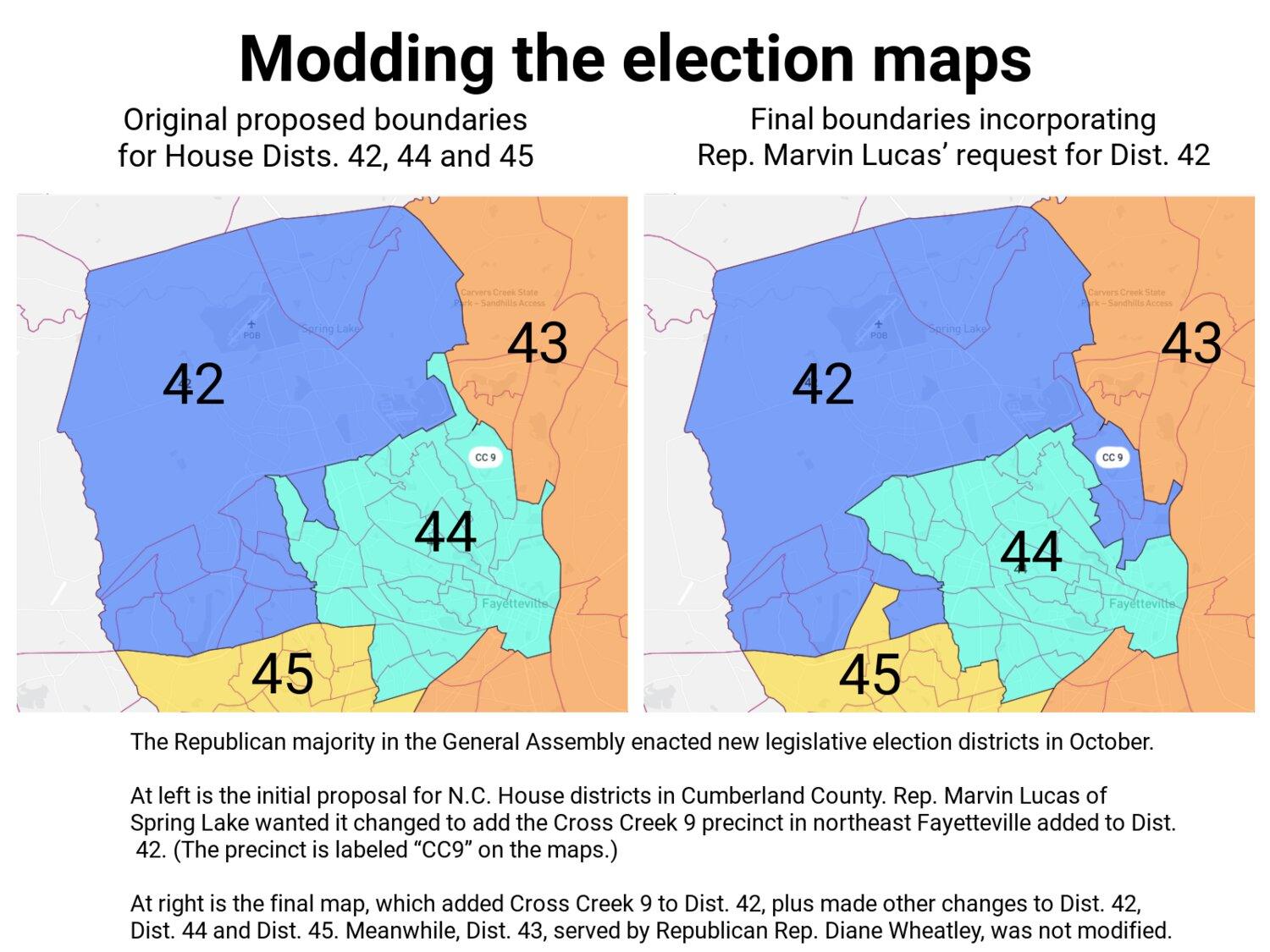The Impact of Gerrymandering in UK Politics

Introduction to Gerrymandering
Gerrymandering is a practice that has significant implications for electoral fairness and representation. It involves manipulating electoral district boundaries to favour one political party over another, potentially distorting the electorate’s true preferences. As the UK gears up for key elections, understanding gerrymandering and its consequences is more relevant than ever.
The Historical Context
The term ‘gerrymandering’ originated in the early 19th century, attributed to Governor Elbridge Gerry of Massachusetts, who approved a redistricting plan that resembled a salamander. In the UK, the practice has evolved, often taking the form of ‘boundary drawing’ by local councils and the Electoral Commission. While the intention is to ensure fair representation, critics argue that these practices can result in disproportionate advantages for dominant political parties.
Recent Developments
In recent years, gerrymandering has gained attention with the emergence of sophisticated mapping technology, allowing parties to strategically design electoral maps with extreme precision. This 21st-century form has been evident in discussions surrounding the proposed boundary reviews by the UK Boundary Commission. The latest reviews aim to adjust constituency boundaries to better reflect population changes, yet the potential for gerrymandering remains a controversial topic.
Impact on Democracy
Gerrymandering poses serious challenges to democratic integrity by undermining the principle of ‘one person, one vote.’ Research indicates that in regions with pronounced gerrymandering, voters may feel disenfranchised, reducing political engagement and participation in elections. Moreover, the lack of competitive districts often leads to unchallenged incumbency, stifling political diversity and innovation.
Looking Ahead
As political parties prepare for the next general election, greater scrutiny on the redistricting process is essential. Advocates call for independent commissions to oversee boundary adjustments, ensuring transparency and fairness. Public awareness and educational initiatives about gerrymandering’s implications could foster a more engaged electorate equipped to challenge undemocratic practices.
Conclusion
Gerrymandering remains a pressing concern in UK politics, with significant ramifications for electoral equity. By understanding its mechanisms and advocating for reform, voters can play a crucial role in shaping a fairer political landscape. Ongoing discussions about boundary reviews will not only influence upcoming elections but also establish precedents for future political practices in the UK.
